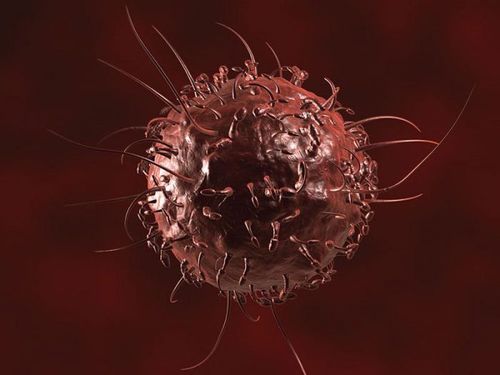Nội dung bạn đang tìm kiếm không có phiên bản tiếng Việt.
Vui lòng chọn tiếp tục để xem nội dung tiếng Anh hoặc đi đến trang chủ Tiếng Việt.
Rất xin lỗi về sự bất tiện này.
Oncology


Fruits beneficial for cancer patients
Fruits are a type of food that provides many essential nutrients for the body. Certain fruits, such as oranges, tangerines, pineapples, and pears, can help prevent various types of cancer and enhance the body's resistance against diseases. For individuals undergoing cancer treatment, it is important to make informed choices about the types of fruits that are suitable for their condition in order to optimally support their treatment.
View more
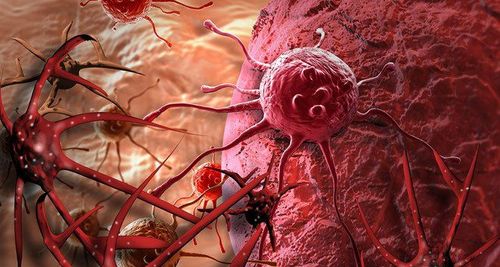
At what temperature do cancer cells die?
Hyperthermia therapy for cancer treatment is based on the mechanism of increasing temperature to destroy malignant cells. At what temperature do cancer cells die, and does this temperature affect healthy cells?
View more
Latest articles
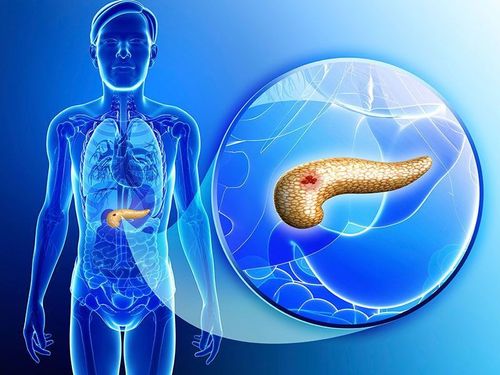
Normal and Abnormal Values of the Cancer Marker CA 19-9
CA 19-9 is a tumor marker used in the diagnosis, evaluation of a patient's response to treatment, and monitoring of patients with pancreatic or hepatobiliary cancer. In pancreatic cancer diagnosis, the presence of symptoms such as pancreatic obstruction or biliary obstruction, along with elevated CA 19-9 levels, helps the doctor conclude the risk of pancreatic cancer rather than benign pancreatic tumors. Similarly, patients with symptoms such as ascites, jaundice, and elevated CA 19-9 levels may have an increased risk of liver cancer.
View more
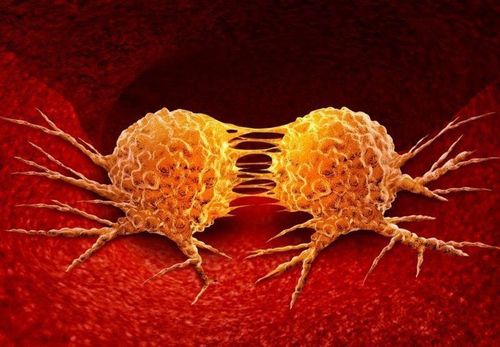
How long can cancer progress without you knowing?
Cancer is a disease that is difficult to predict but can often be detected early. Many people have cancer without knowing it and spend a significant amount of time before confirming whether they have the disease. So, how long does cancer take to progress, and how long is the incubation period for cancer? These questions will be answered in the article below.
View more
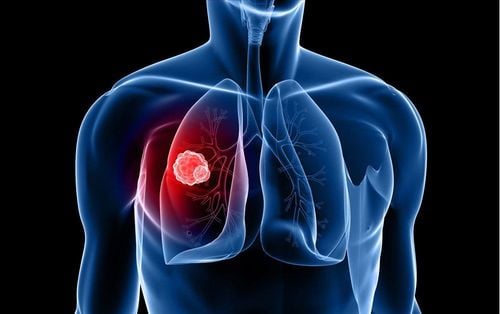
What to eat and avoid with lung cancer?
The question of what to eat with lung cancer is one that many patients are concerned about. Maintaining a scientifically sound and appropriate diet plays a crucial role in the treatment process for patients.
View more
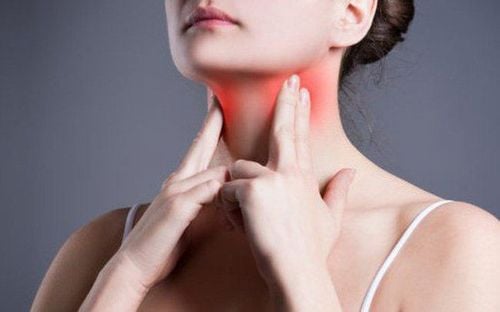
Early stage nasopharyngeal cancer: Signs, diagnosis, treatment
Nasopharyngeal cancer is more likely to occur in people with unhealthy lifestyle habits and family history. When there are symptoms of flu, runny nose that cannot be cured, the patient should go to the doctor to check the throat early for timely treatment.
View more

What is a hemorrhagic ovarian cyst?
Although hemorrhagic ovarian cysts are not dangerous, in some cases, the disease can cause complications that affect women's health. Women should proactively have regular gynecological check-ups to detect ovarian cysts early and prevent hemorrhagic complications from occurring.
View more

Do we have the ability to smell cancer?
Everyone has a unique body odor (BO), which can be pleasant or faint, but when we think of body odor, we often think of an unpleasant smell. Changes in body odor can be caused by puberty, excessive sweating, or poor hygiene. Sudden changes are often triggered by the environment, medications, or the food you eat. However, body odor, especially sudden and persistent changes to your normal scent, can sometimes be a sign of an underlying health condition.
View more

Beneficial foods for liver cancer patients
Nutrition is essential for liver cancer patients, as it supports their overall health and strengthens their ability to combat and recover from the disease.
View more
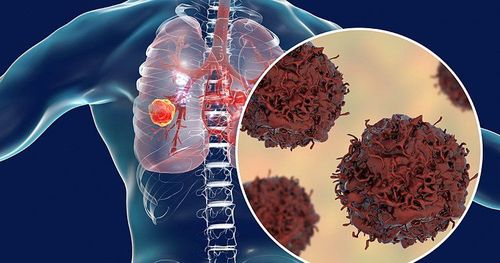
Frequently asked questions about the terminal stages of lung cancer
Terminal lung cancer occurs when the cancer has spread to other parts of the body and is extremely difficult to cure. Treatment options at this stage simply halt the progression of the disease.
View more
